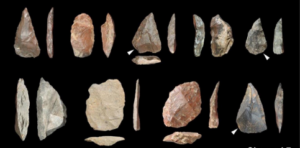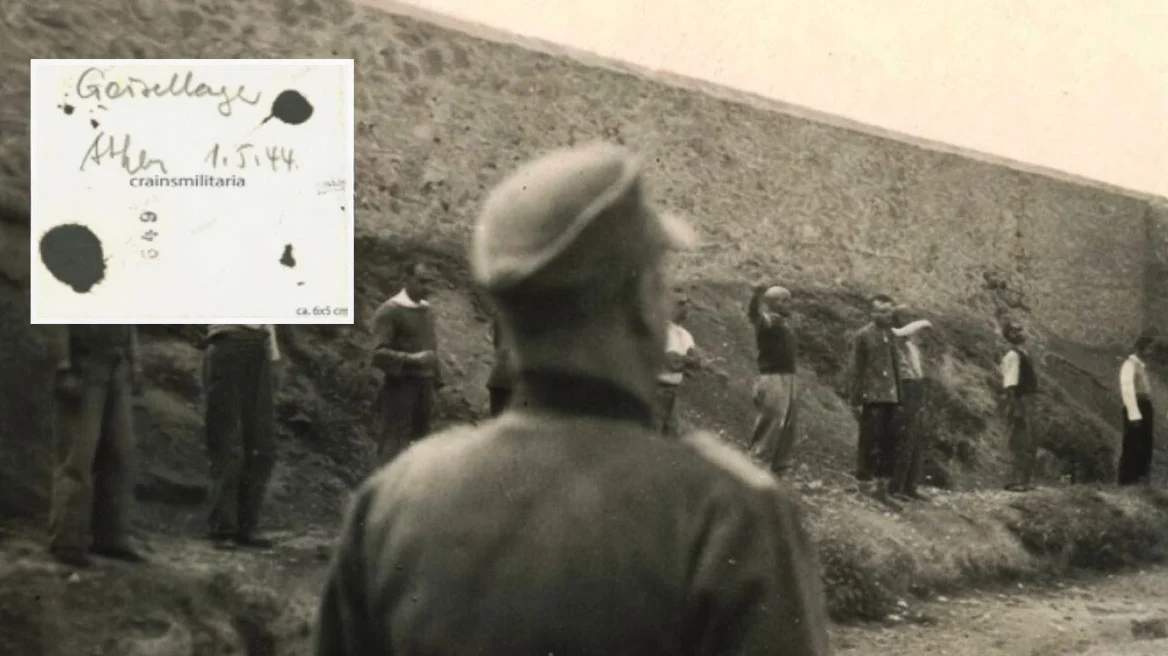According to an Associated Press report, stone tools dated to about 700,000 years ago have been found in a coal mine on the Megalopolis plain of southern Greece.
The remains of an extinct species of giant deer, elephant, hippopotamus, rhinoceros, and a macaque monkey were also found.
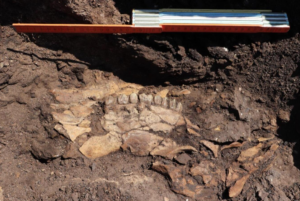
Although no hominin remains have been recovered, research team members Panagiotis Karkanas of the American School of Classical Studies at Athens, Eleni Panagopoulou of the Greek Ministry of Culture, and Katerina Harvati of the University of Tübingen think that the tools may have been produced by Homo antecessor, a hominin species that lived in Europe at this time and is believed to have been the last common ancestor of modern humans and Neanderthals.
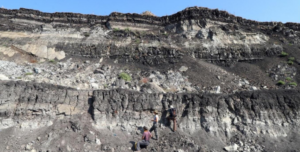
The groundbreaking discovery, announced by the Culture Ministry, surpasses any previously known archaeological record in Greece.
The find comprises rough stone tools from the Lower Palaeolithic period, estimated to be around 3.3 million to 300,000 years old.
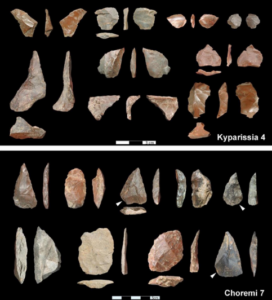
Here comes El Nino: It’s early, likely to be big, sloppy & add even more heat to a warming world
Additionally, the site yielded remnants of an extinct species of giant deer, elephants, hippopotamus, rhinoceros, and a macaque monkey.
“However, we will not be able to be sure until hominin fossil remains are recovered,” Panagopoulou said.
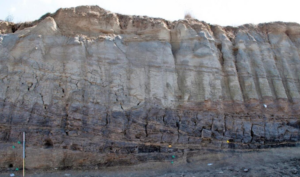
The site “is the oldest currently known hominin presence in Greece, and it pushes back the known archaeological record in the country by up to 250,000 years,” she added.
Source: Archaeology
Ask me anything
Explore related questions
